Week 2: Reflective Practice (RP)
LOC 2: Produce a handwritten wisdom journal on a week-by-week basis (the end result will be a personal learning narrative)
Learning Objectives
By the end of this week, participants will be able to:
- 2.1 – Recognize the importance of reflective practice (RP)
- 2.2 – Practice reflective practice
- 2.3 – Create their own reflective questions based on their concerns, ideas, and fears
Materials Needed This Week
Here is a list of materials you will need while completing this week:
- Writing utensils
- Highlighters
- Ruler
- Sticky Notes
- Dictionary/Glossary booklet
- Handwritten Wisdom Journal
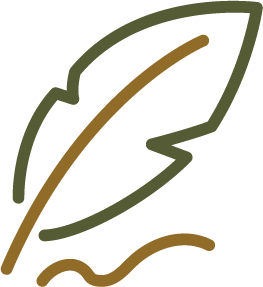
- Blank paper
- Computer/laptop
Key Terms
Add these key terms to your personal dictionary/glossary booklet. These important key terms will be used throughout module 1, week 2. If there is no link attached to the definition, be assured that the term will be defined throughout the week. We encourage you to further investigate the definitions in order to expand your knowledge.
- Reflective practice (RP)
- Wisdom journal
- Learning narrative
- Critical reflection
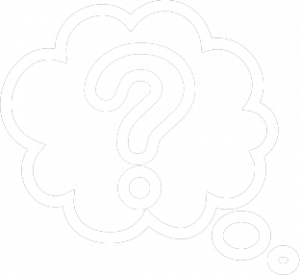 Questions to Consider
Questions to Consider
1. What do you know about reflection and its importance to your practice?
2. Why do you think you need to write down your own thoughts on failures and successes?
3. What is a personal learning narrative and why does it matter?

“The many ways instrumental, critical, poetic, and/or contemplative reflection on the part of professionals and adult educators that help them make meaning … out of the tacit knowledge, interactions, and experiences of their daily practice”
— Chapman & Anderson, 2008
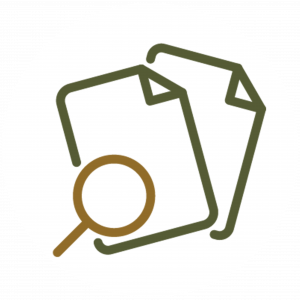 Review
Review
Consult the following resources and interpret the necessary information with your preferred method of note-taking.
Reflective practice (RP) is the ability to reflect on one’s actions to engage in a process of continuous learning. According to one definition, it involves paying critical attention to the practical values and theories which inform everyday actions, by examining practice reflectively and reflexively.
Activity
Answer the questions in this interactive video.
Video: What is a Critical Reflection? Introducing the “What, So What, Now What” Model (2:44)
Click here for a video transcript in .docx format: Video Transcript
View the following video and in your notebook or on a blank piece of paper, write down one of the quotes that you can relate to, and explain why it resonates with you or your practice.
Video: Teacher Reflective Practice (3:53)
Click here for a video transcript in .docx format: Video Transcript
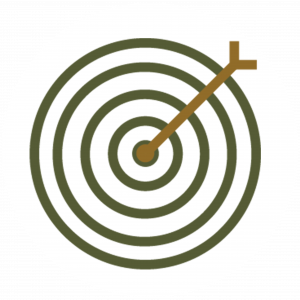 Identify
Identify
Consult the following resources below to locate the important information on this week’s topic.
Let’s identify some Reflective Practice Tools:
Click the following link to download the PDF to consult the research article.
 Develop
Develop
The following resources provide some information on how to improve your critical thinking. Consult the resources and take notes!
A Path to Keeping a Diary by Sachac – licensed under CC BY 2.0 (images)
Video: 5 tips to improve your critical thinking – Samantha Agoos (4:29)
Activity
After consulting the resources above, reflect on these questions:
 Apply
Apply
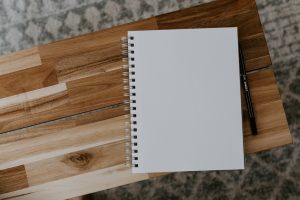
In your handwritten wisdom journal, design a cover page that reflects and represents:
- Who you are?
- What does your practice look like?
- Why are you engaging in this course?
- How can your students identify with you?
- What are some of the learning outcomes that you want from this course?
- What will you do to improve your reflective practice?
- Do you have a series of questions that you will ask yourself every day? Every week? Or will you use the handwritten written journal prompts?
 Take Away Toolbox
Take Away Toolbox
 “Reflection is an important human activity in which people recapture their experience, think about it, mull it over and evaluate it.It is this working with experience that is important in learning.”— Boud et al, (1985)
“Reflection is an important human activity in which people recapture their experience, think about it, mull it over and evaluate it.It is this working with experience that is important in learning.”— Boud et al, (1985)
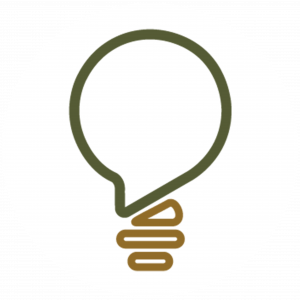 Reflect
Reflect
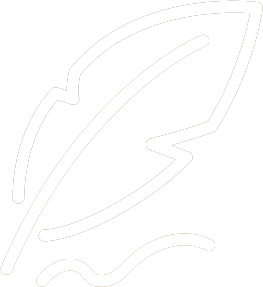 Handwritten Wisdom Journal
Handwritten Wisdom Journal
A Wisdom Writing Journal is a way to notarize your learning journey throughout the weeks during all the modules in this course. It will also permit you to demonstrate that no technology is required to focus on reflective practice. There is a variety of writing journal tools that you can choose from that require technology, however, throughout this course, it is important that you experience and model a no-technology required method in order to relate to those students that have limited or no access to technology.
Take advantage of jotting down your thoughts, frustrations, joys, aha moments, and new information acquired as the result of your hard work. Critical reflection time required at the end of each week will be a culminating result of YOUR own personal Learning Narrative.
Using your own personal writing journal, write an entry for this week’s prompts:
- What has your experience with reflective practice (RP) been like?
- Why does reflective practice (RP) often seem to be a challenge or a chore?
- What will you do to improve your reflective practice (RP) during this entire 20-week course?
- Based on the information that you have learned this week, how would you review, identify, develop, apply, and reflect?
Note: Be sure to justify each of your answers or comments.
Optional Resources
These resources are not required to be viewed; however, they give further information on this week’s topics:

